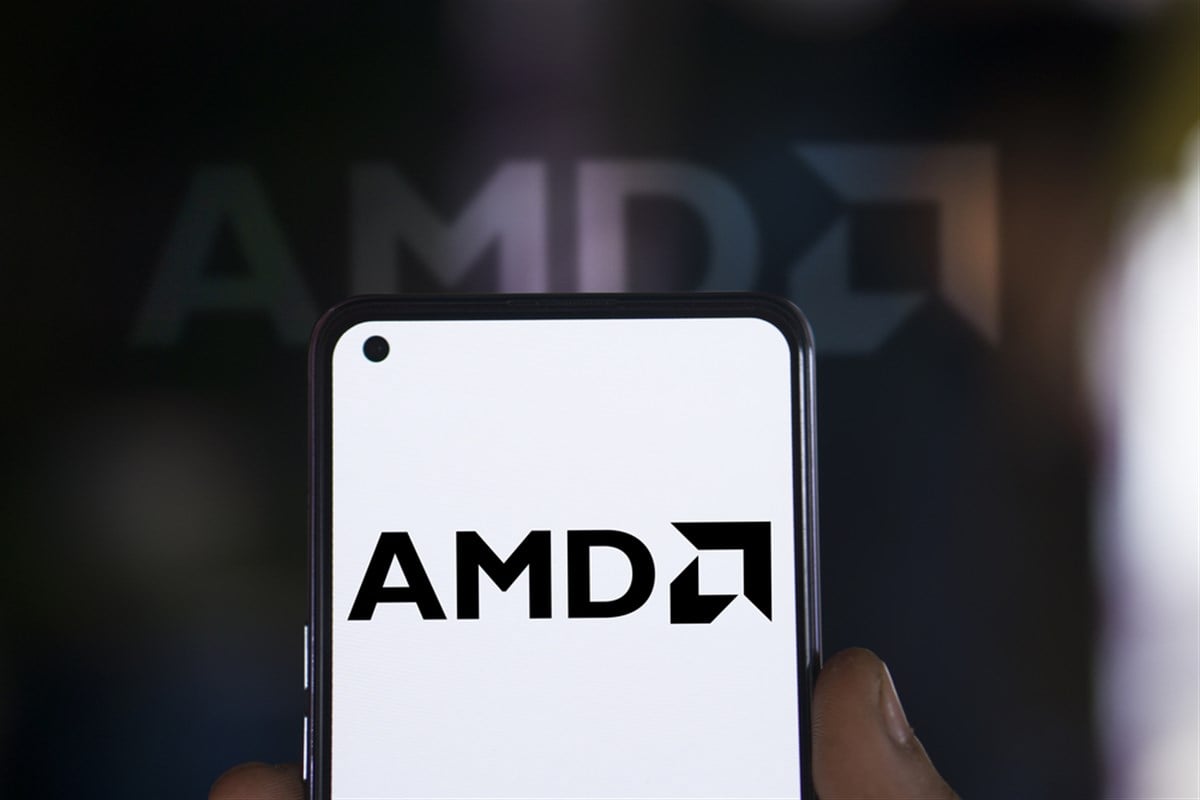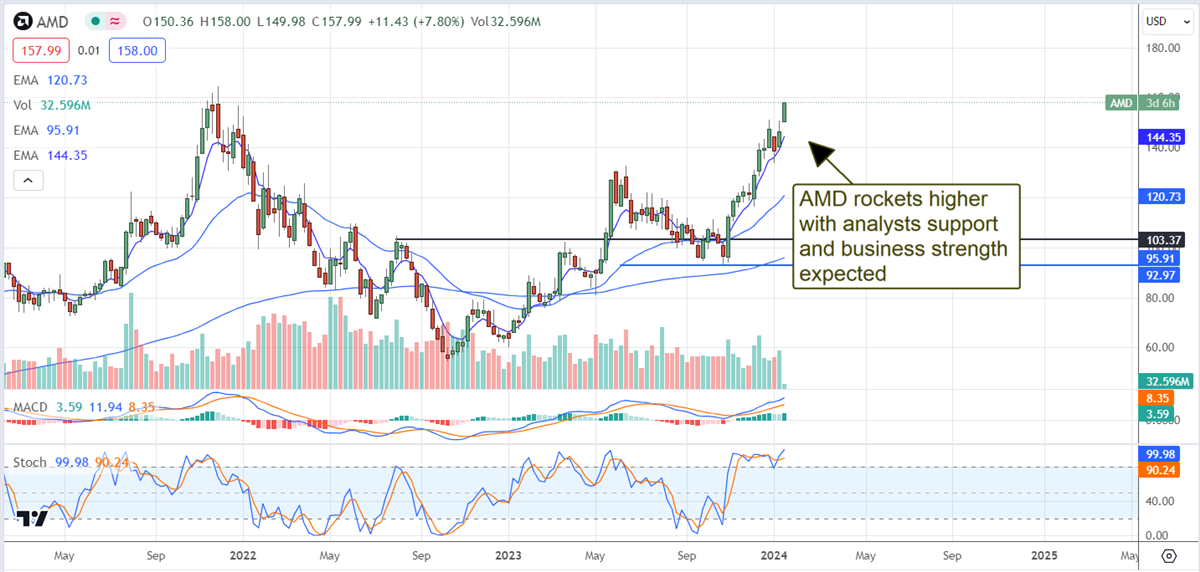Financial News
More News
View More
ServiceNow’s $7 Billion Gamble: Panic or Opportunity? ↗
December 15, 2025
Dell and HP Are Raising Prices—And Investors Should Take Note ↗
December 15, 2025
Why DLocal Is the Top Emerging Market Fintech Stock to Watch for 2026 ↗
December 15, 2025
Is Nutanix the Best Comeback Trade Left in 2025? The Setup Says Yes ↗
December 15, 2025
The Vertiv Pullback: Ignore the Noise, Buy the Data ↗
December 15, 2025
Recent Quotes
View More
Stock Quote API & Stock News API supplied by www.cloudquote.io
Quotes delayed at least 20 minutes.
By accessing this page, you agree to the Privacy Policy and Terms Of Service.
Quotes delayed at least 20 minutes.
By accessing this page, you agree to the Privacy Policy and Terms Of Service.
© 2025 FinancialContent. All rights reserved.










